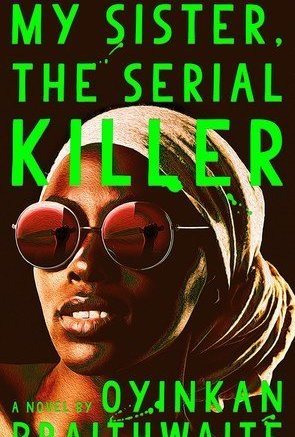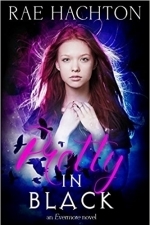
Pretty in Black: Pretty in Black Book 1
Book
On the day of her death, a seventeen year old cheerleader meets a vampire in the cemetery who saves...
fantasy young adult
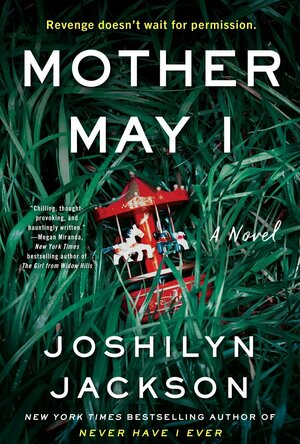
Mother May I
Book
The New York Times bestselling author of the critically acclaimed Never Have I Ever builds on her...
Domestic Suspense Suspense family

iOnRoad - Augmented Reality Driving
Navigation and Photo & Video
App
An Augmented Reality Driving App! Improve your driving in real time using the power of your iPhone....

Sleep Well Hypnosis PRO
Health & Fitness and Lifestyle
App
◉ Learn to reduce anxious thoughts and sleep calmly after listening daily for just 1–3 weeks ◉...
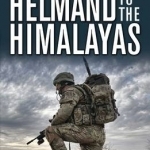
Helmand to the Himalayas: One Soldier's Inspirational Journey
David Wiseman and Nick Harding
Book
"From the war torn valleys of Afghanistan to the frozen peaks of the Himalayas, David Wiseman's...
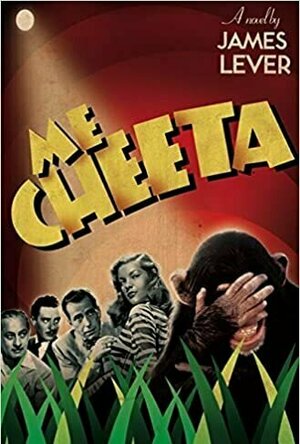
Me Cheeta
Book
The incredible, moving and hilarious story of Cheeta the Chimp, simian star of the big screen, on a...

The World Ends with You: Solo Remix for iPad
Games
App
SUPPORTED DEVICES iOS 5.1.1 or later is required. Square Enix’s fresh-faced hit The New York...
Awix (3310 KP) rated Star Trek II: The Wrath of Khan (1982) in Movies
Feb 13, 2018 (Updated Feb 13, 2018)
Old enemy from the TV show is rediscovered, vows revenge on Kirk; many rousing space battles and well-handled character moments ensue. Ricardo Montalban really goes for it as Khan; William Shatner gives a proper movie leading man performance. Relatively low budget is artfully concealed.
Benefits considerably from being willing to acknowledge that everyone has aged since the original TV show; Kirk has to confront the consequences of choices he made as a young man (later movies disregarded the fact the crew were becoming increasingly geriatric). The essential Trek philosophy of optimistic liberal humanism somehow gets a bit lost along the way, but you really don't care as the rest of it is so much fun. Almost unreasonably well-written when you consider the script was done in less than a fortnight.
ClareR (6062 KP) rated My Sister, the Serial Killer in Books
Dec 21, 2018
Korede feels a responsibility for her younger sister - something which seems odd to do given the circumstances, but is explained later in the book.
Korede is quite a sad character, really. Ayoola is the beautiful sister, she is not. Yet she still protects her and keeps her safe, stops her from posting on Instagram after her boyfriend goes 'missing'. Ayoola certainly has issues - she has no problem with the murders she commits, no guilt. She gets on with her life, on to the next man, and Korede is left to clean up and worry. The eternal problem of the older sister (usually minus the murders, mind you!).
I really enjoyed this, and it seemed to end very quickly. It's well worth reading.
The Complete Works of Evelyn Waugh: Personal Writings 1903-1921: Precocious Waughs: Volume 30
Evelyn Waugh, Alexander Waugh and Alan Bell
Book
This volume is part of the Complete Works of Evelyn Waugh critical edition, which brings together...

